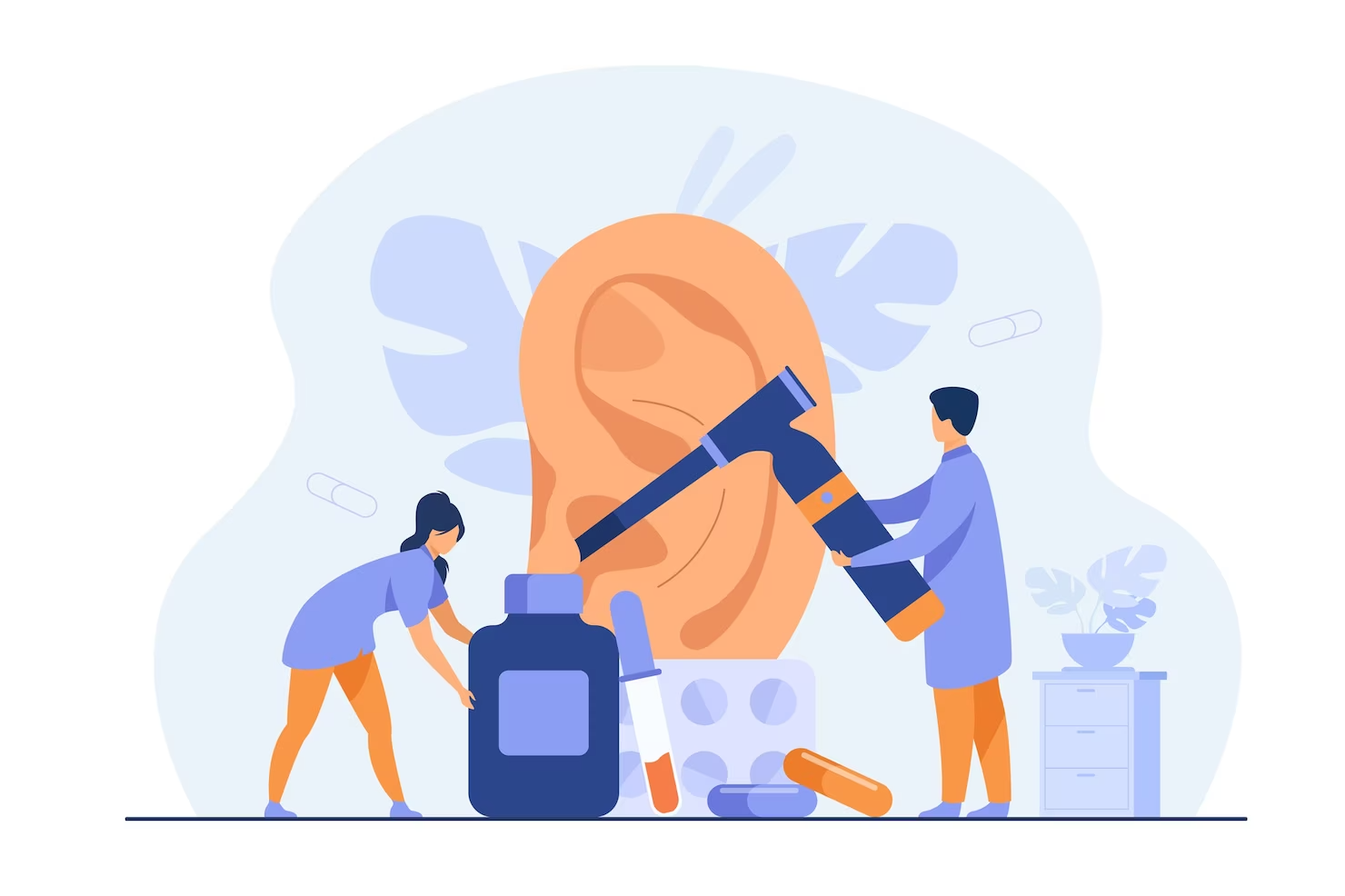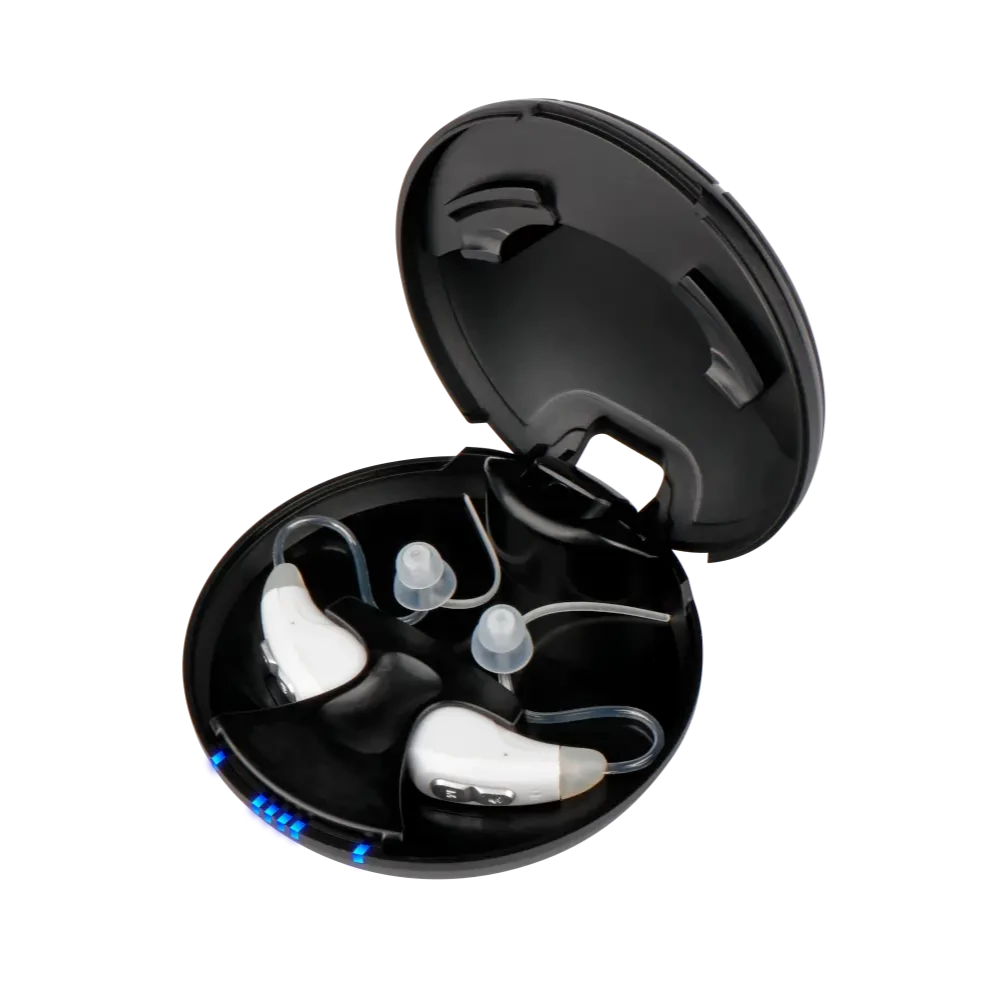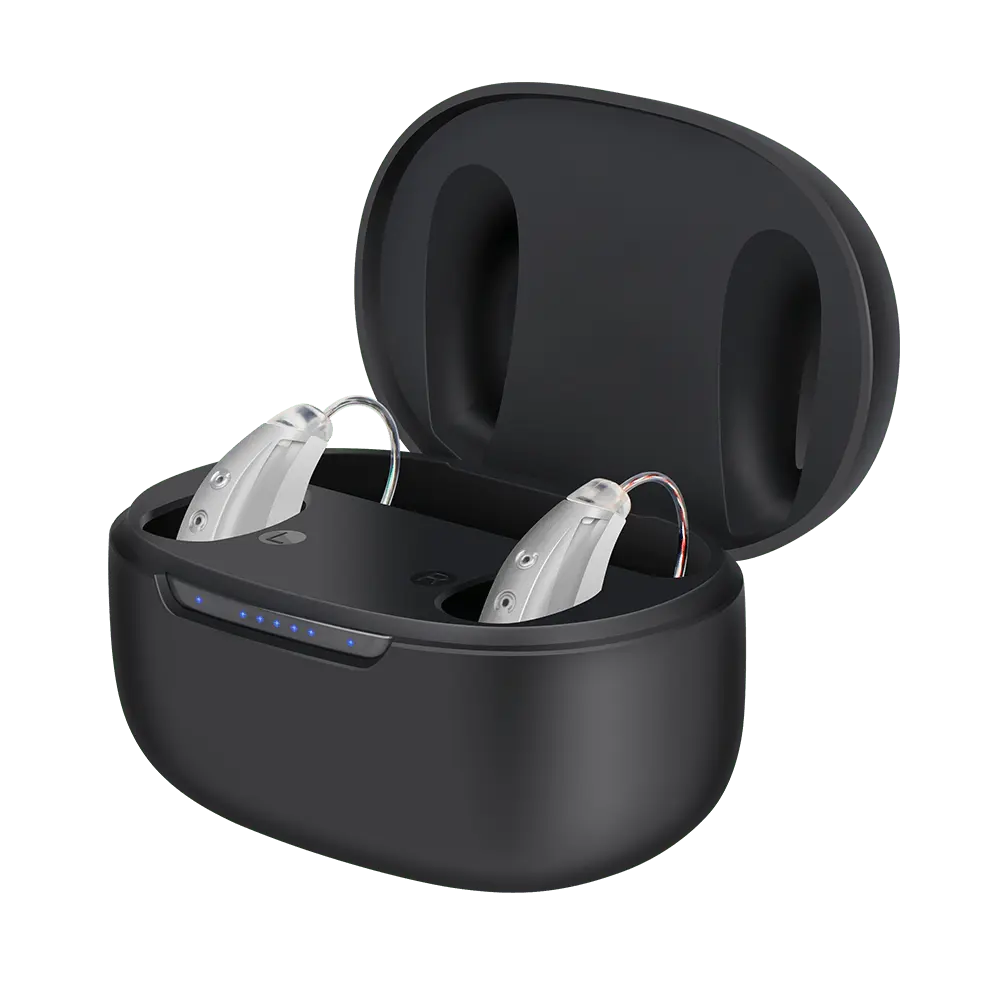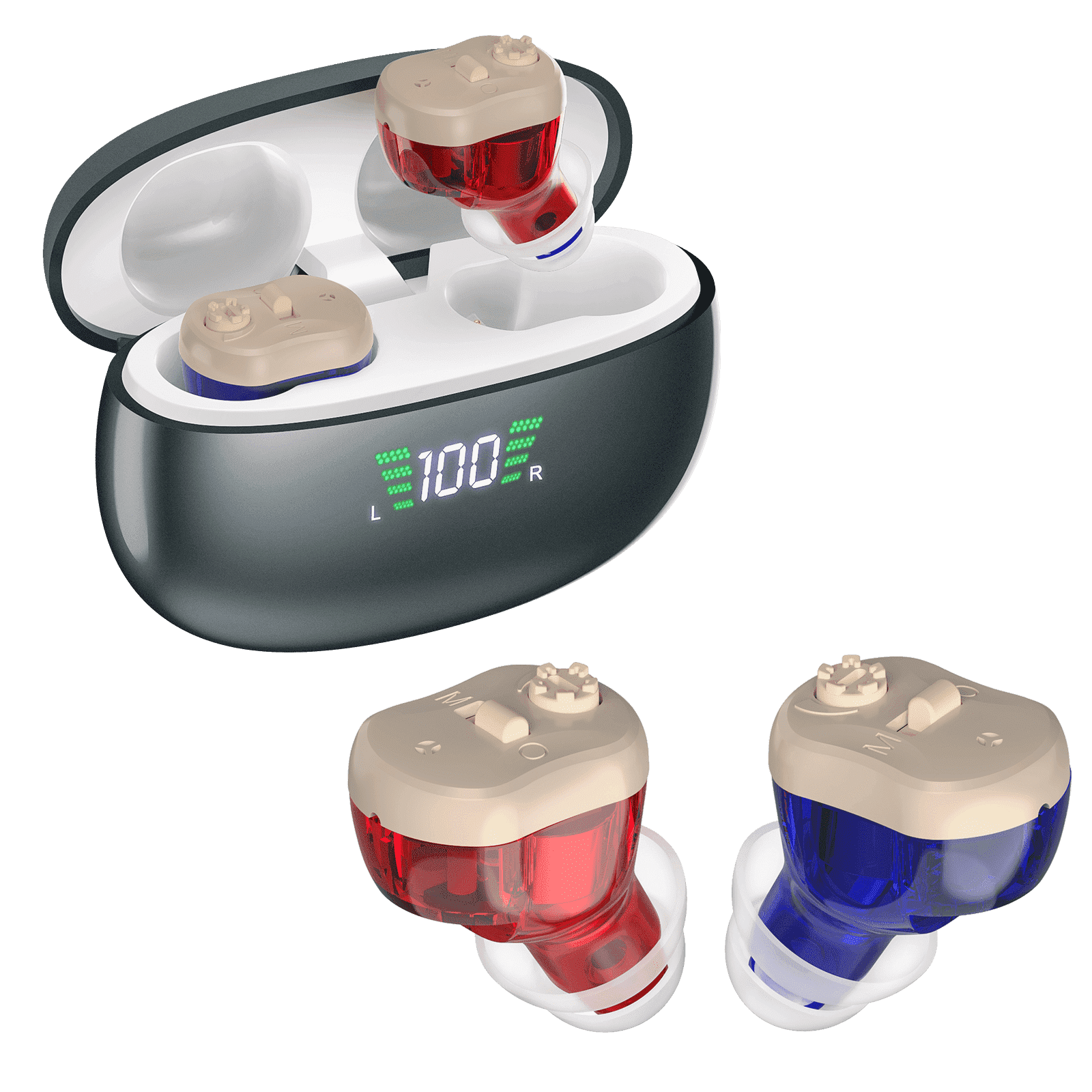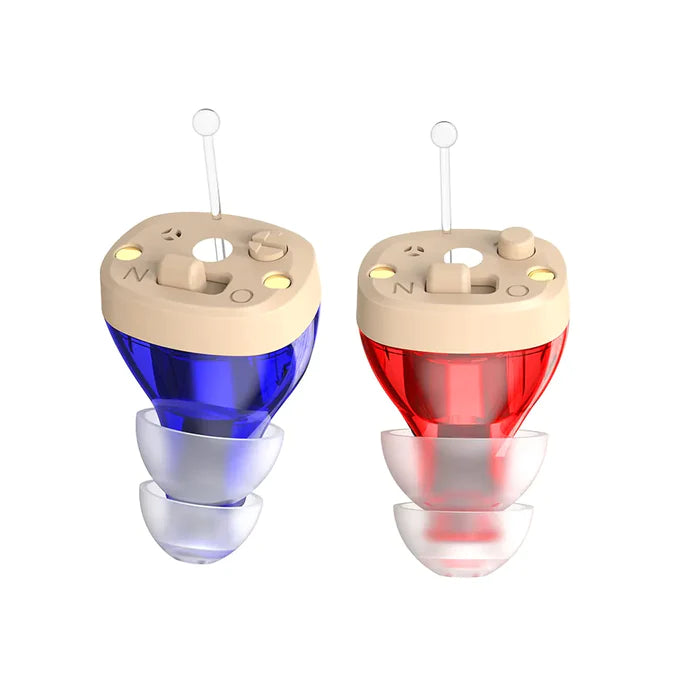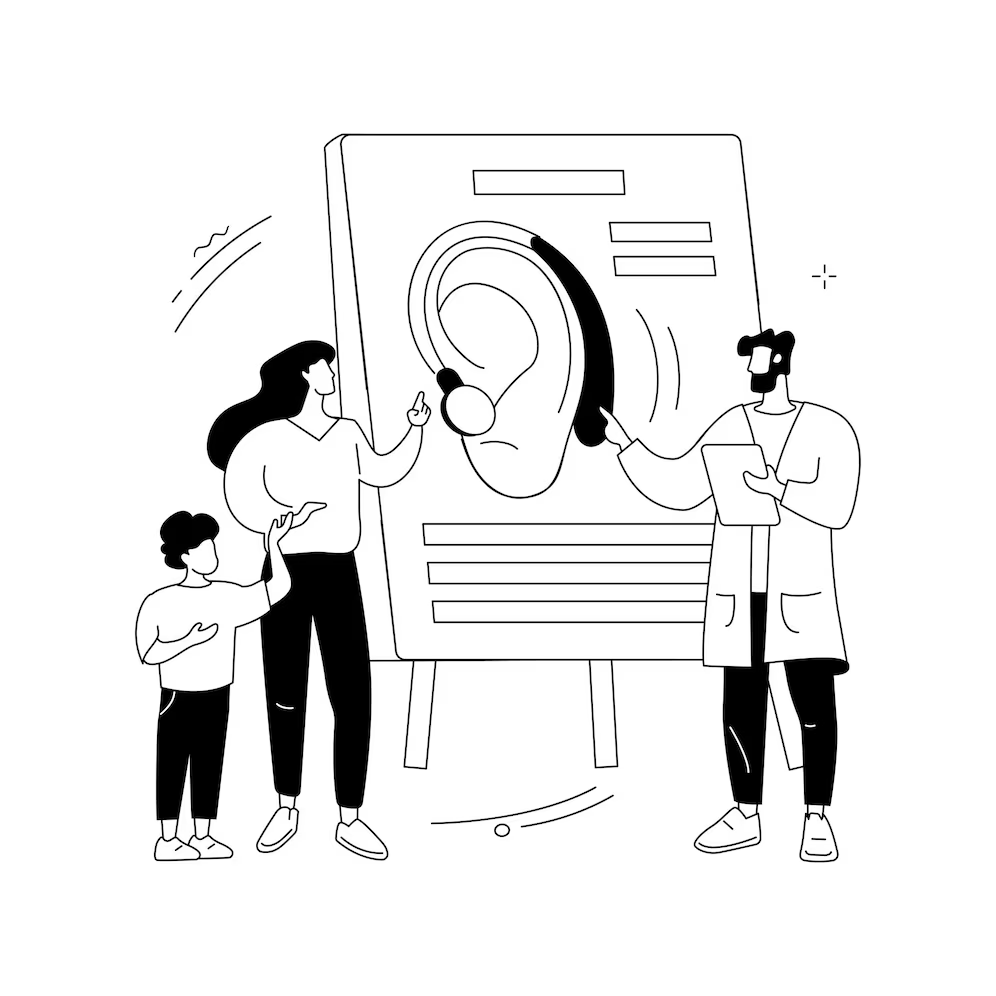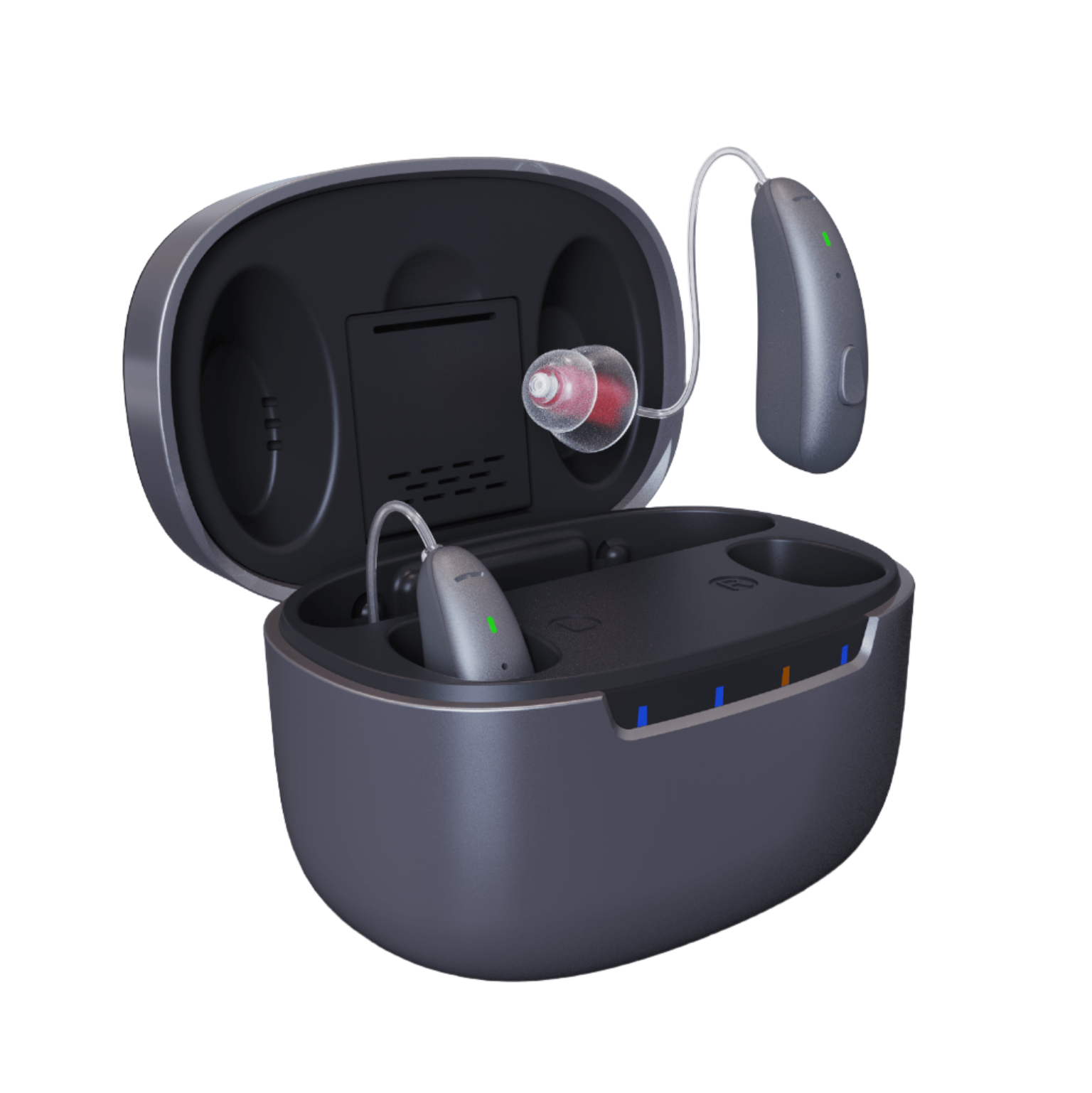How do you know when hearing aids are covered by insurance?
Hearing aids can change the lives of people with hearing loss by helping them communicate better, improving their quality of life, and getting them more involved in social activities. But for many people, the price of hearing aids is a big problem. One important thing to think about is whether or not there is insurance assistance to help pay for the costs. This article will talk about when hearing aids are covered by insurance, what things affect coverage, and how you might be able to get help paying for them.
Hearing aids and insurance coverage: Things to think about
Hearing aid coverage is very different based on the type of insurance plan and the policies of the insurance company. Here are some things to think about when deciding whether or not to cover hearing aids:
Plans for Health Insurance: Hearing aids may be covered in some way by private health insurance, plans provided by employers, and government programs like Medicaid. But the amount of coverage and the individual needs can be very different. It's important to look over the terms of your insurance policy or call your insurance company to find out what's covered.
Medical Necessity: For hearing aids to be covered by many insurance plans, they must be considered medically required. This is usually done by showing paperwork from an audiologist or other hearing care worker that shows how severe the hearing loss is and how it affects the person's daily life and ability to communicate.
Age and Medicare Coverage: Medicare is a government health insurance program for people 65 and older, but hearing aids are usually not covered by Medicare. But Medicare Part B might pay for diagnostic hearing tests if a doctor orders them.
Specific Insurance Riders or Plans: Some insurance plans may have available riders or extra coverage for hearing aids or services related to hearing. These extra plans might cover hearing aids better or lower the amount you have to pay out of pocket.
Pre-Authorization and Prior Approval: Before paying for hearing aids, some insurance plans may need pre-authorization or prior approval. This process includes sending the necessary paperwork, like the results of a hearing test and a prescription from a doctor, to the insurance company for review and approval.
Coverage Limits and Restrictions: Insurance plans often have coverage limits, like a maximum amount that will be reimbursed or a set amount of time between hearing aid purchases that are qualified for coverage. Some plans may also only cover certain types or names of hearing aids, or they may only cover certain providers in a network.
Other ways to get financial help
If hearing aids are not covered by insurance or are only partly covered, there are other ways to get help paying for them:
Medicaid and State Programs: Each state's Medicaid program is different, but some states cover hearing aids for people who qualify and have a low salary and few resources. Contact the Medicaid office in your state to find out more about the programs that are offered.
Veterans Benefits: The U.S. Department of Veterans Affairs (VA) may cover hearing aids for veterans who qualify. Veterans who are qualified can get hearing aids and other related services from the VA. For more information, you can get in touch with your local VA health care center.
Nonprofit Organizations: There are nonprofit groups and charities that help people who need money or hearing aids at a low cost. There may be specific requirements to join these groups, so it's important to do study and reach out to them for help.
Flexible Spending Accounts (FSAs) and Health Savings Accounts (HSAs): If your company gives you an FSA or HSA, you might be able to use the money to pay for hearing aids. With these accounts, you can set away money before taxes to pay for certain medical costs.
Options for financial: Some hearing health care providers offer financial options or payment plans to help spread out the cost of hearing aids over time. When talking with sources about hearing aids, be sure to ask if there are any ways to pay for them.
Charitable Organizations: Some charitable organizations and nonprofits help people who can't afford hearing aids by giving them hearing aids or money to buy them. Check out the websites of local and national groups that work on hearing health to find possible tools.
Conclusion
Hearing aids are covered by insurance in different ways, based on things like the plan, age, medical need, and specific policy details. It is important to look over the details of your insurance coverage and talk to your insurance company to find out how much security you have. If hearing aids are not covered or are only partly covered, look into other ways to get help paying for them, such as Medicaid, benefits for veterans, nonprofits, FSAs, HSAs, financing options, and charitable organizations.
Don't let the price of hearing aids stop you from getting the help you need for your hearing. By looking into different choices and resources, you can find a way to get hearing aids that fits your budget and lets you take advantage of their life-changing benefits. Put your hearing health first, and if you need help figuring out how to pay for hearing aids, talk to a hearing care professional or a group that can help.
Hearing aids can change the lives of people with hearing loss by helping them communicate better, improving their quality of life, and getting them more involved in social activities. But for many people, the price of hearing aids is a big problem. One important thing to think about is whether or not there is insurance assistance to help pay for the costs. This article will talk about when hearing aids are covered by insurance, what things affect coverage, and how you might be able to get help paying for them.
Hearing aids and insurance coverage: Things to think about
Hearing aid coverage is very different based on the type of insurance plan and the policies of the insurance company. Here are some things to think about when deciding whether or not to cover hearing aids:
Plans for Health Insurance: Hearing aids may be covered in some way by private health insurance, plans provided by employers, and government programs like Medicaid. But the amount of coverage and the individual needs can be very different. It's important to look over the terms of your insurance policy or call your insurance company to find out what's covered.
Medical Necessity: For hearing aids to be covered by many insurance plans, they must be considered medically required. This is usually done by showing paperwork from an audiologist or other hearing care worker that shows how severe the hearing loss is and how it affects the person's daily life and ability to communicate.
Age and Medicare Coverage: Medicare is a government health insurance program for people 65 and older, but hearing aids are usually not covered by Medicare. But Medicare Part B might pay for diagnostic hearing tests if a doctor orders them.
Specific Insurance Riders or Plans: Some insurance plans may have available riders or extra coverage for hearing aids or services related to hearing. These extra plans might cover hearing aids better or lower the amount you have to pay out of pocket.
Pre-Authorization and Prior Approval: Before paying for hearing aids, some insurance plans may need pre-authorization or prior approval. This process includes sending the necessary paperwork, like the results of a hearing test and a prescription from a doctor, to the insurance company for review and approval.
Coverage Limits and Restrictions: Insurance plans often have coverage limits, like a maximum amount that will be reimbursed or a set amount of time between hearing aid purchases that are qualified for coverage. Some plans may also only cover certain types or names of hearing aids, or they may only cover certain providers in a network.
Other ways to get financial help
If hearing aids are not covered by insurance or are only partly covered, there are other ways to get help paying for them:
Medicaid and State Programs: Each state's Medicaid program is different, but some states cover hearing aids for people who qualify and have a low salary and few resources. Contact the Medicaid office in your state to find out more about the programs that are offered.
Veterans Benefits: The U.S. Department of Veterans Affairs (VA) may cover hearing aids for veterans who qualify. Veterans who are qualified can get hearing aids and other related services from the VA. For more information, you can get in touch with your local VA health care center.
Nonprofit Organizations: There are nonprofit groups and charities that help people who need money or hearing aids at a low cost. There may be specific requirements to join these groups, so it's important to do study and reach out to them for help.
Flexible Spending Accounts (FSAs) and Health Savings Accounts (HSAs): If your company gives you an FSA or HSA, you might be able to use the money to pay for hearing aids. With these accounts, you can set away money before taxes to pay for certain medical costs.
Options for financial: Some hearing health care providers offer financial options or payment plans to help spread out the cost of hearing aids over time. When talking with sources about hearing aids, be sure to ask if there are any ways to pay for them.
Charitable Organizations: Some charitable organizations and nonprofits help people who can't afford hearing aids by giving them hearing aids or money to buy them. Check out the websites of local and national groups that work on hearing health to find possible tools.
Conclusion
Hearing aids are covered by insurance in different ways, based on things like the plan, age, medical need, and specific policy details. It is important to look over the details of your insurance coverage and talk to your insurance company to find out how much security you have. If hearing aids are not covered or are only partly covered, look into other ways to get help paying for them, such as Medicaid, benefits for veterans, nonprofits, FSAs, HSAs, financing options, and charitable organizations.
Don't let the price of hearing aids stop you from getting the help you need for your hearing. By looking into different choices and resources, you can find a way to get hearing aids that fits your budget and lets you take advantage of their life-changing benefits. Put your hearing health first, and if you need help figuring out how to pay for hearing aids, talk to a hearing care professional or a group that can help.
